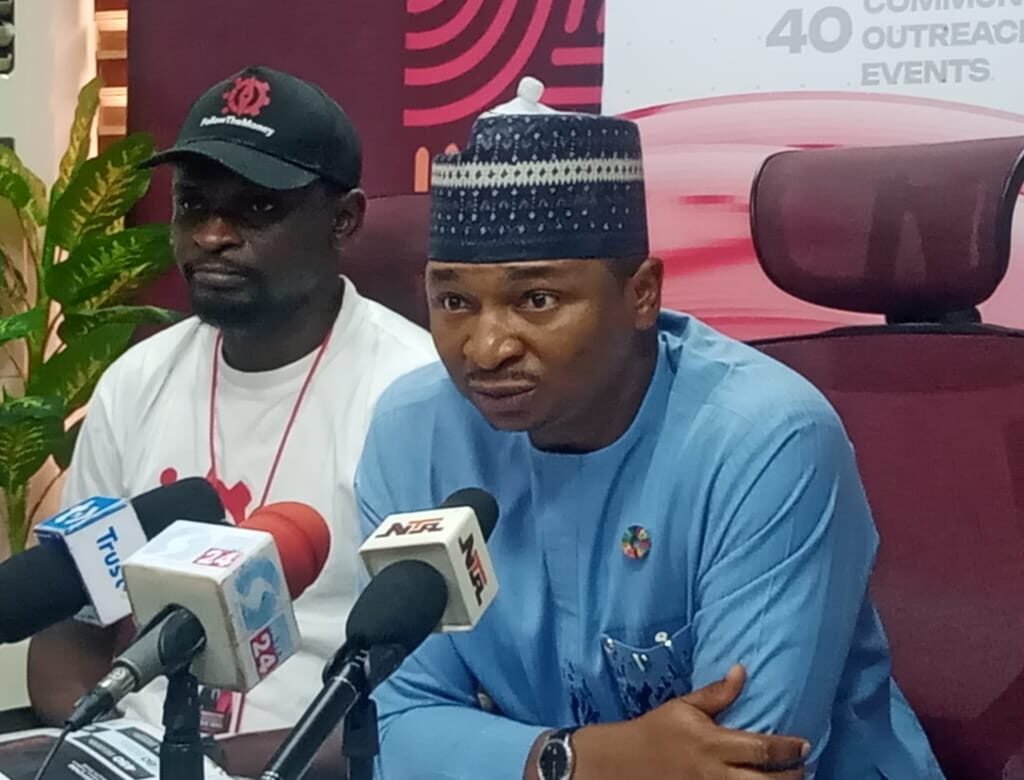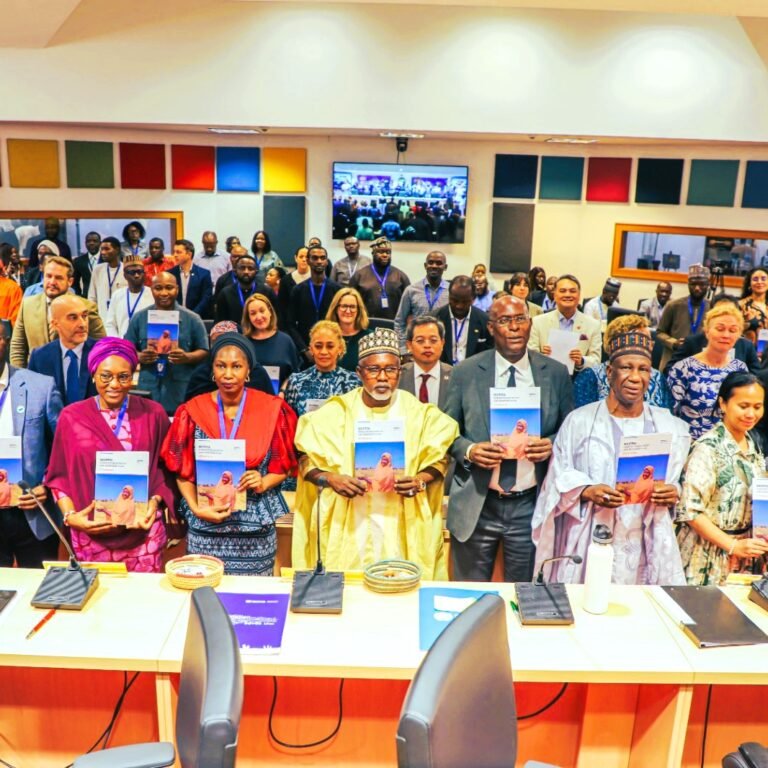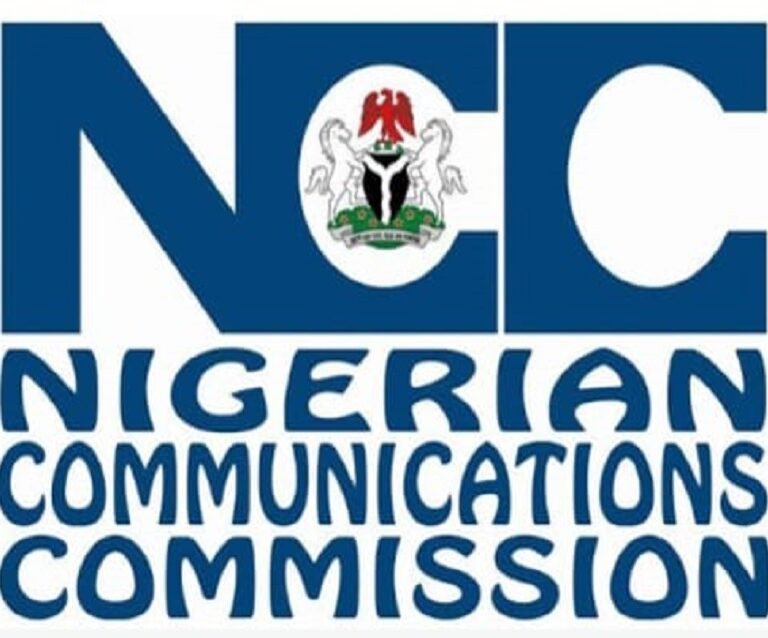
By Ameh Gabriel
Abuja, Nigeria – June 18, 2025 Connected Development (CODE), a leading civil society organization championing transparency and citizen engagement, has released its 2024 Annual Report titled “A Year of Active Citizens”. The report, unveiled by CODE’s Chief Executive, Hamzat Lawal, reveals significant shortfalls in Nigeria’s education and healthcare infrastructure, despite combined government spending exceeding ₦1.3 trillion.
According to the report, CODE tracked over ₦4 billion in public funds across multiple projects in 12 African countries under its flagship “Follow The Money” initiative, including a landmark expansion into Sierra Leone. Within Nigeria, the organization ran over 40 advocacy campaigns, held 57 town hall meetings, and trained more than 3,000 citizens in governance, climate justice, and education rights.
A major achievement in 2024 was the successful push for the passage of the Child Protection Bill in Kano State through the “Galvanizing Mass Action Against Gender-Based Violence” project. CODE also launched the Girl-Child Education Project in Bauchi State, in partnership with the Malala Fund, tackling barriers to female education and securing policy commitments for increased teacher recruitment and education funding.

The organization’s investigative survey into basic education and health services paints a stark picture. Conducted between December 2022 and January 2023, the analysis covered 553 schools and 784 primary health centers (PHCs) across 520 communities in 34 states and 332 local government areas. Despite ₦894 billion and ₦580 billion allocated to education and healthcare respectively, CODE’s findings revealed widespread deficiencies in infrastructure, service delivery, and staffing.
In the education sector, overcrowded classrooms persist, particularly in Nigeria’s northern regions. Plateau State recorded an average of 280 students per class, far above the national benchmark of 40. Gender disparities were also evident, with the North Central zone showing the highest female enrollment (58.9%), while regions such as the North West and North East lagged behind.
Teacher development remains inconsistent, with over half of educators in Zamfara and Sokoto States lacking formal training. Moreover, teacher absenteeism in states like Rivers, Nasarawa, and Gombe threatens learning outcomes. Access to potable water is severely limited in many states, with some schools in Taraba, Imo, and Abia reporting no water supply at all. In Kebbi and Ekiti, over 30% of schools still force boys and girls to share toilet facilities.
Similarly, the state of Nigeria’s PHCs is far from optimal. While Sokoto and Osun met infrastructure standards for detached buildings and sanitation, other states like Cross River and Ogun reported non-compliant facilities. Borno was the only state where all PHCs met basic standards for separate toilets. Many centers across the country lacked reliable water, power, and waste disposal systems key requirements for effective primary healthcare delivery.
On climate advocacy, CODE’s report highlighted critical gaps in climate finance and urged stakeholders to prioritize sustainable, grant-based funding models over debt-driven approaches. The organization also raised concerns about Nigeria’s shrinking civic space, calling for urgent protection of citizens’ rights to free expression and participation.
Hamzat Lawal emphasized that each data point in the report reflects a larger human story. “Despite billions invested, the realities on the ground remain dire. We call on governments, civil society, and partners to urgently translate budgetary commitments into real, measurable progress,” he said.
CODE reaffirmed its mission to empower marginalized communities and vowed to continue building a more inclusive and accountable Africa.








